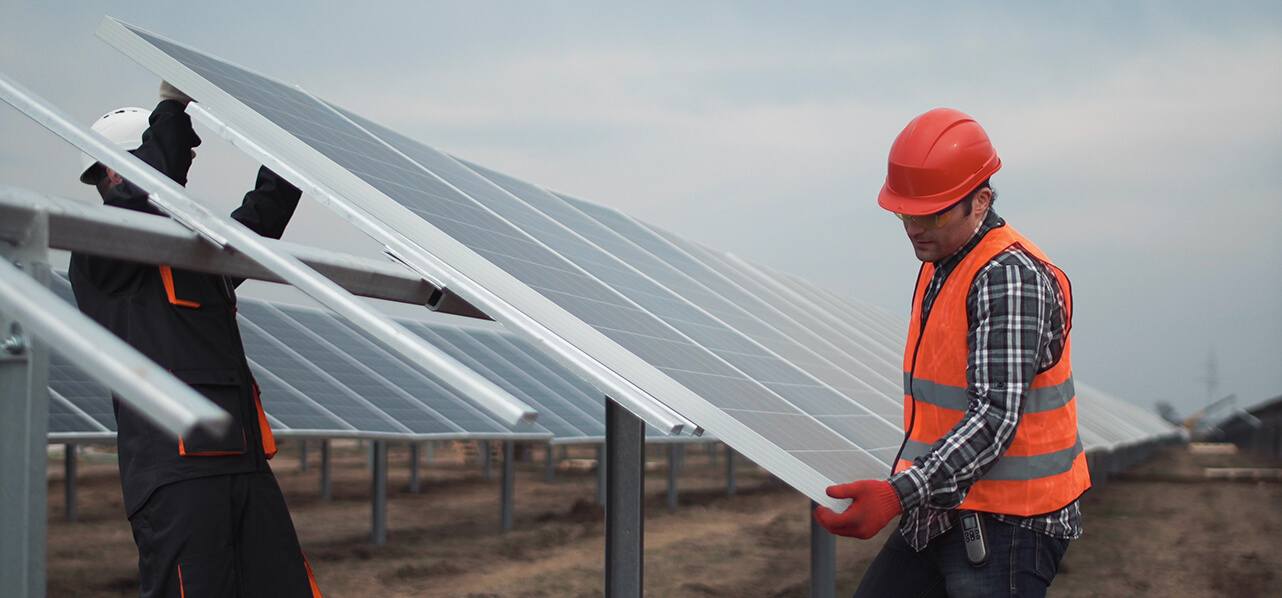If it organizes the gradual integration of renewable energies into the electricity market, the August 17, 2015 issue on the energy transition for green growth opens more generally the prospects for both technological and legal innovation in the electricity sector. energy. Legal analysis is enriched in this area by new issues often induced by technological advances. It also requires an increasingly fine and transversal reading, particularly because of the recent reforms of the law of obligations and public order.
The evolution of the purchase price towards the additional remuneration appears in this respect as the most striking element. The project compensation scheme and associated risks are thoroughly reviewed. For the past two years, we have been working on models of aggregation contracts, the drafting and structuring of clauses that are now essential for the valorization of electricity and capacity and, mirroring, the mechanisms likely to be integrated into the conventions. credits for the sake of “bankability” of projects. We can already anticipate that at some point the development of electricity storage may change some of these aspects related to the treatment of negative prices in the electricity market.
Many other topics contribute to legal innovation in this sector. For example, the law of August 17, 2015 significantly accelerated the evolution of the legal framework relating to self-consumption and the prospecting elements still remain.
numerous. It is enough to think of a more “industrial” development of self-consumption, a trend that emerges from the results of the second tranche of self-consumption tenders. Nevertheless, there are still topics to clarify and deepen if we wish to move towards more significant projects as the recent ordinance on closed distribution networks could encourage. Finally, there is the question of the marketing of guarantees of origin and the new contractual sales schemes associated with them. These are just a few examples, but they illustrate the evolutions and the current thinking on the more general theme of valuing green electricity.
Among other topics conducive to legal innovation, that of energy efficiency occupies a major place. In this respect, we are increasingly asked about structuring issues such as the implementation of framework contracts and specific financing mechanisms. If we add to this the question of the renewal of hydropower concessions or the development of interconnection networks, certainly the year 2017 will be particularly stimulating in legal innovation for the advice that accompanies the actors of the energetic transition.




